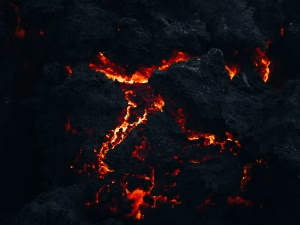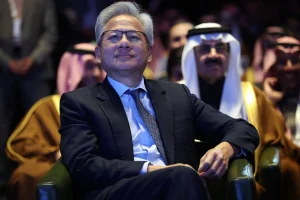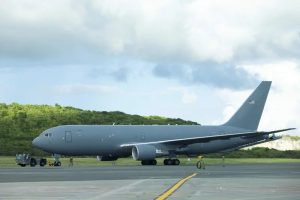How ‘blood gold’ is fuelling conflict in West Africa

It has been a good year for gold. A host of turbulent events in the global economy has driven up prices for the glittery commodity to record highs in 2025.
In a world of tariffs and international conflict, gold appeals to investors as one of the few remaining stable assets. Everyone wants a piece of the action, from central banks to large institutions like hedge funds, and retail investors. But few know where their gold comes from, or much about the conflicts it may be fuelling in the countries where it is mined.
For the governments of West Africa’s Sahel region, the stakes are even higher. Gold is a lifeline for the military juntas of Burkina Faso, Mali, and Niger, who are beleaguered by jihadist insurgencies, regional isolation, and the ravages of climate change.
“Because gold prices have been at a historic high… the military governments are hoping that they will be able to benefit directly,” Beverly Ochieng, a senior researcher at global consultancy firm Control Risks, told the BBC.
Together, the three Sahel states produce around 230 tonnes of gold per year, according to the World Gold Council’s estimates, or about $15bn (£11bn) at the current market rate.
A lack of records for artisanal and small-scale gold mining means that this figure is probably an underestimate.
The combined gold production in these three states surpasses any other country in Africa, making the Sahel region a major global contributor to the gold market.
The governments say that the proceeds from the lucrative sector are benefitting citizens through increased “sovereignty” – though Russian firms are increasing their stake in the industry at the expense of Western-owned firms.
For example, Mali’s junta leader Gen Assimi Goïta laid the foundation stone last month for a gold refinery, in which a Russian conglomerate, the Yadran Group, will have a minority stake. The refinery will reportedly create 500 direct jobs and 2,000 indirect jobs.
Burkina Faso is also building its first-ever gold refinery, and has set up a state-owned mining company, requiring foreign firms to give it a 15% stake in their local operations and to transfer skills to Burkinabé people.
Fake AI media campaigns have even been launched to celebrate the country’s charismatic 37-year-old military ruler Capt Ibrahim Traoré for commanding such an important revenue stream for the nation.
“Mining gold from deepest dirt. But souls are rich and true,” croons an AI-generated Rihanna in one recent song, pouring her silky, auto-tuned praise on Capt Traoré.
The reality is very different, according to Ms Ochieng, who explained that Burkina Faso and its neighbours need quick cash to fund counterinsurgency campaigns.
In the case of Mali, much of this has been outsourced to Russian mercenaries, including the Wagner Group and its successor, Africa Corps, which falls under the command of Russia’s defence ministry.
Africa Corps has been involved in military training in Burkina Faso, but the junta officially denies its presence.


